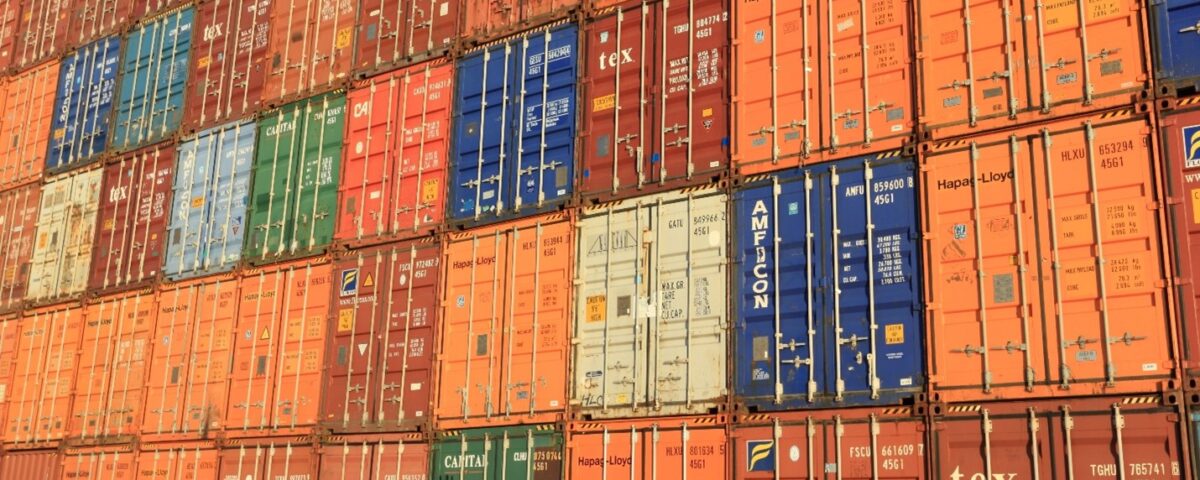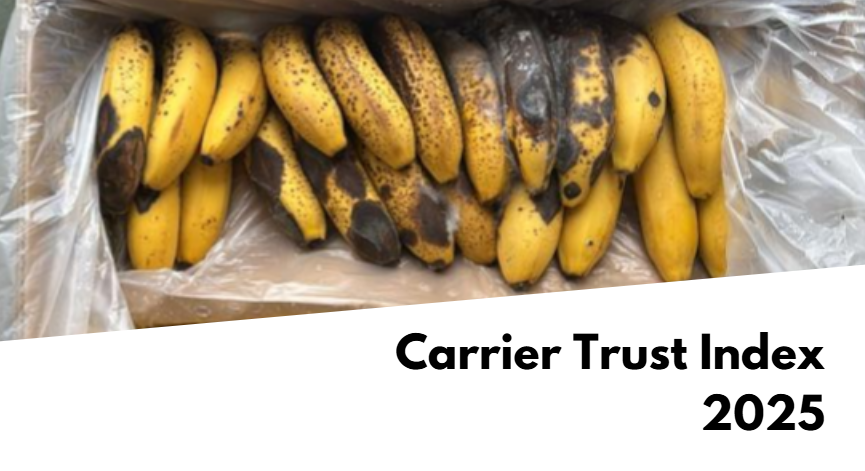Navigating Demurrage Fees: Strategies for Shippers to Minimize Loss

Exporters Beware: Protect Yourself from First-Time Buyers
May 19, 2023
My Reefer Cargo is a Total Loss: Causes, Documents, and Claim Process
May 19, 2023Demurrage fees can be a significant concern for shippers, adding additional costs and complexities to their operations. These fees are charged when containers are not collected by the consignee within the free time granted by the carrier. In this blog post, we will explore the various aspects of demurrage fees, including who is responsible for payment, how they apply to import and export containers, and strategies to avoid unnecessary losses.
- Shippers are responsible for the demurrage bill.
It’s crucial for shippers to understand that they are generally responsible for the demurrage fees, even if delays are outside of their control or caused by the consignee’s actions. This means that if the consignee disappears or becomes insolvent, the shipper is still liable for the demurrage charges. Therefore, it is essential to consider the financial risks associated with potential consignee-related issues when planning shipments and managing demurrage costs.
- Demurrage fees apply to both import and export containers.
Demurrage fees are not limited to import or export containers; they apply to both types of shipments. When importing goods, if the consignee fails to collect the container within the agreed-upon free time, demurrage charges will be incurred. Similarly, when exporting, if the consignee fails to return the container within the free time, demurrage fees will be applicable. Shippers need to be aware of this fact and account for it in their logistics planning.
- Stay informed about free time expiration and negotiate.
To avoid demurrage fees, it is crucial to stay informed about when the free time granted by the carrier expires. Timely planning and coordination with the consignee are essential to ensure the container is collected or returned within the allotted time frame. Furthermore, shippers should negotiate with carriers to obtain as many free days as possible to provide flexibility in case of unforeseen circumstances or delays.
- Check cargo arrival and demurrage invoices.
Regularly checking the cargo arrival status is vital to stay informed about the progress of your shipments. This allows you to track potential delays and take necessary actions to avoid demurrage charges. Additionally, it is important to carefully review demurrage invoices received from the carrier. Sometimes, carriers may overcharge or include fees that are not justified. Being vigilant and scrutinizing these invoices can help prevent unnecessary financial losses.
- Consider assistance from specialized services.
Services like Recoupex specialize in helping shippers recover demurrage fees and can assist in requesting demurrage waivers. Timing and proper justification are crucial when seeking such waivers. These services have expertise in navigating the complex process of demurrage fee disputes and can help reduce costs and recover potential overcharged fees.
Demurrage fees can be a headache for shippers, adding financial burdens and complexities to their logistics operations. Understanding the responsibility for payment, both for import and export containers, is essential for effective cost management. By staying informed about free time expiration, negotiating with carriers, regularly checking cargo arrival status, reviewing invoices, and considering specialized services, shippers can mitigate the impact of demurrage fees and avoid unnecessary losses. Being proactive and vigilant in managing demurrage costs will contribute to smoother shipping operations and better financial outcomes.



